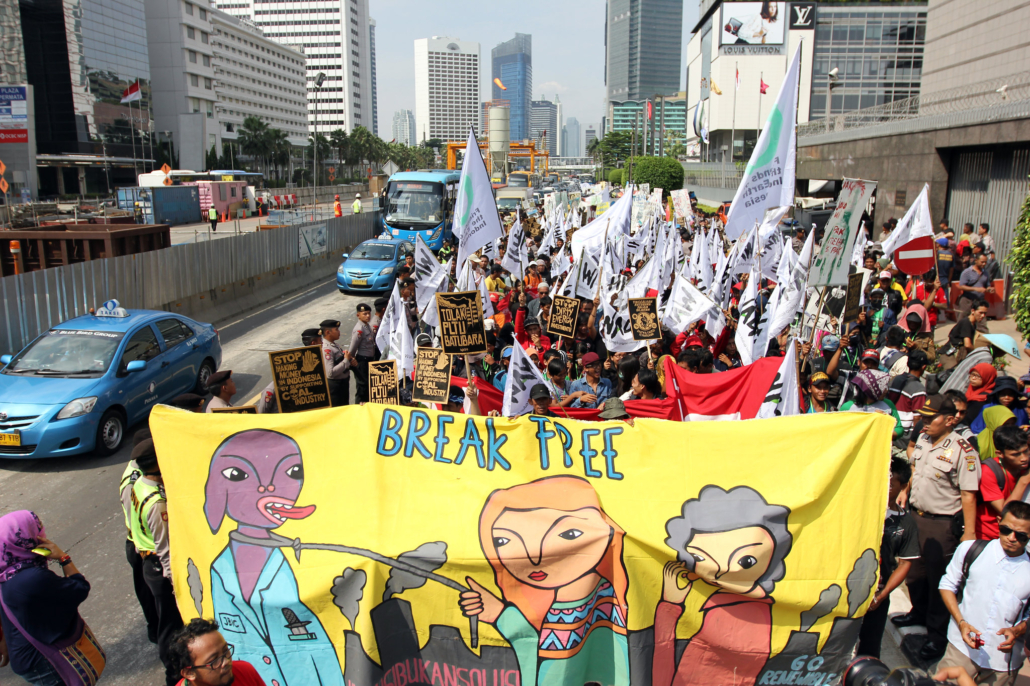Striving for Societal Freedom in Indonesia

Indonesia, renowned for its diverse population and rich cultural heritage, has faced and continues to grapple with challenges in pursuit of transformation. The country has remarkably transformed over six decades, transitioning from the tumultuous era of Sukarno’s “guided democracy” to becoming a thriving democracy and a regional powerhouse. It has grown from a near-failed state and regional pariah to a successful economy with a 25 million-strong middle class. Here is some information about societal freedom in Indonesia.
Progress in Indonesia’s Societal Freedom
A 2007 report by the Asian Studies Association highlights that Indonesia has witnessed extraordinary changes, highlighting the expansion of democracy, economic advancements and social development.
From the start of the study in 1997 to the publication of this article in 2007, the Indonesian population experienced a surge from approximately 200 million to more than 236 million — resulting in the rapid construction of homes and buildings, and the expansion of cities. Rice fields have given way to urban development, and forests have been cleared for agricultural purposes.
Indonesia has also made strides in political freedom through democratic elections and an active civil society. Women now enjoy full political rights and political parties must adhere to 30% gender quotas.
Education has also made progress in Indonesia, with an increase in school participation rates and longer durations for children staying in school. At present, approximately 90% of all Indonesians aged 15 or older possess the ability to read and write.
NGOs are currently working to drive societal freedom in Indonesia. Currently, there are efforts underway to address social issues, promote equality and empower marginalized communities.
Kopernik
Kopernik, an influential NGO, actively contributes to societal freedom in Indonesia by finding innovative solutions to social and environmental challenges. Kopernik’s remarkable distinction lies in its application of SDGs (Sustainable Development Goals).
For 13 months, the organization actively partnered with the Australia-Indonesia Partnership for Gender Equality and Women’s Empowerment (MAMPU) program. This collaboration prioritized women’s empowerment while simultaneously strengthening sustainability objectives.
During the project, Kopernik actively collaborated with five women’s empowerment organizations to establish a financial sustainability framework. The initiative produced promising outcomes as it trained women homeworkers and women-led microbusinesses, empowering them to sell their products online. Consequently, by the end of 2020, these women achieved an impressive 74% increase in their profits.
YCAB Foundation
The recently published YCAB Foundation Impact Report for 2022 shines a light on the organization’s remarkable accomplishments in empowering underprivileged youth and communities. Since its establishment in 1999, the foundation has made a significant impact on the lives of 5 million underprivileged youths and low-income families.
YCAB actively prioritizes the empowerment of mothers, student learners and youth earners, as well as fostering a thriving social enterprise ecosystem. Its impact report for 2022 demonstrates how the foundation actively empowered the next generation of youths through ongoing education. It successfully reached 3.7 million youths, resulting in an impressive 86% employment rate among graduates.
A significant number of Indonesia’s 30 million women entrepreneurs continue to encounter challenges in expanding their businesses. The foundation empowers Indonesian women by promoting economic independence and fostering sustainable businesses for their well-being. YCAB initiated the Indonesia Women Empowerment Fund (IWEF), which has invested in nine women-led start-ups and facilitated additional private capital investments.
The report highlights YCAB’s commitment to bridging the digital divide and promoting digital inclusion. In 2021-2022, YCAB embarked on a digital approach to foster societal freedom in Indonesia, reaching a total of 2.4 million Indonesians through digital outreach. The organization launched the nationwide movement Do Something Indonesia, engaging more than 20,000 youths aged 16-24 to support social actions through digital platforms, introducing more than 100 campaigns.
NGOs Involved in Anti-Corruption Endeavors
Transparency International is currently working on eliminating corruption in Indonesia. Its findings present a positive outlook on Indonesia’s political anti-corruption efforts.
Scoring 40 out of 100, Indonesia has achieved a two-point improvement on the CPI (Corruptions Perception Index), reaching its highest score since 2012. This signifies the country’s progress in combating corruption within its government, including through the efforts of the Corruption Eradication Commission (KPK).
Civil society organizations and citizens actively engage in supporting anti-corruption measures, showcasing a growing awareness and support. International cooperation and partnerships strengthen these efforts, contributing to the progress made by Indonesia in eradicating corruption and fostering a transparent and accountable governance system.
The Road Ahead for Indonesia
As Indonesia moves forward, it faces both opportunities and challenges. The government has implemented constitutional reforms aimed at protecting human rights, religious freedom, freedom of expression, media and women’s rights. However, there are still challenges to be addressed, particularly in ensuring freedom of expression and promoting equality for minority groups.
– Tanya Hamad
Photo: Flickr
